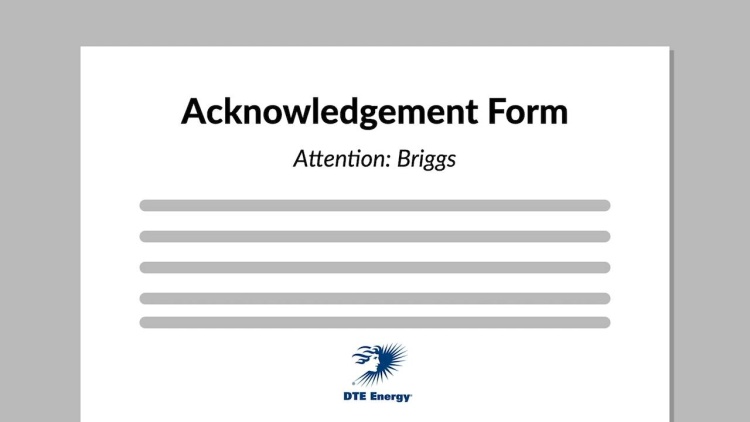DTE Energy Technologies, Inc. v. Briggs Electric, Inc.
United States District Court, Eastern District of Michigan
2007 WL 674321 (2007)
- Written by Megan Petersen, JD
Facts
In May 2002, DTE Energy Technologies, Inc. (DTE) (plaintiff), a Michigan corporation, began negotiations with Hoag Memorial Hospital Presbyterian (Hoag) for the sale of electric generator systems to be used in Hoag’s construction project. Hoag’s general contractor instructed DTE to negotiate the sale with a subcontractor. Briggs Electric, Inc. (Briggs) (defendant) won the subcontract. On October 21, 2003, Briggs sent DTE a purchase order requesting electric generator systems. On November 10, 2003, DTE forwarded an email to Briggs that DTE’s president had previously sent to Hoag. The email indicated DTE’s intent to accept Briggs’ offer to purchase the products contained in its purchase order. On December 4, 2003, DTE sent an order acknowledgement to Briggs. Attached to the order acknowledgement was a list of standard terms containing a forum selection clause. The forum selection clause was not part of Briggs’ original purchase order, and required all potential disputes between Briggs and DTE to be resolved under Michigan law, by a Michigan court. After this correspondence, DTE brought suit against Briggs in Michigan state court on the ground that Briggs breached its contractual obligation to pay DTE $880,000 for electric generator systems provided by DTE. Briggs submitted a demand for mediation of its dispute with DTE, as well as a declaration of the rights and obligations of both parties in a California court. Briggs argued that its purchase order sent on October 21, 2003 constituted an offer, and that DTE accepted the offer via conduct when it emailed Hoag on November 10th. DTE argued that its order acknowledgement containing the forum selection clause, sent on December 4, 2003 constituted an offer, and that Briggs is contractually bound by the forum selection clause. Briggs states that it did not agree to the forum selection clause, and thus should not be bound by its terms.
Rule of Law
Issue
Holding and Reasoning (Duggan, J.)
What to do next…
Here's why 907,000 law students have relied on our case briefs:
- Written by law professors and practitioners, not other law students. 47,100 briefs, keyed to 996 casebooks. Top-notch customer support.
- The right amount of information, includes the facts, issues, rule of law, holding and reasoning, and any concurrences and dissents.
- Access in your classes, works on your mobile and tablet. Massive library of related video lessons and high quality multiple-choice questions.
- Easy to use, uniform format for every case brief. Written in plain English, not in legalese. Our briefs summarize and simplify; they don’t just repeat the court’s language.





